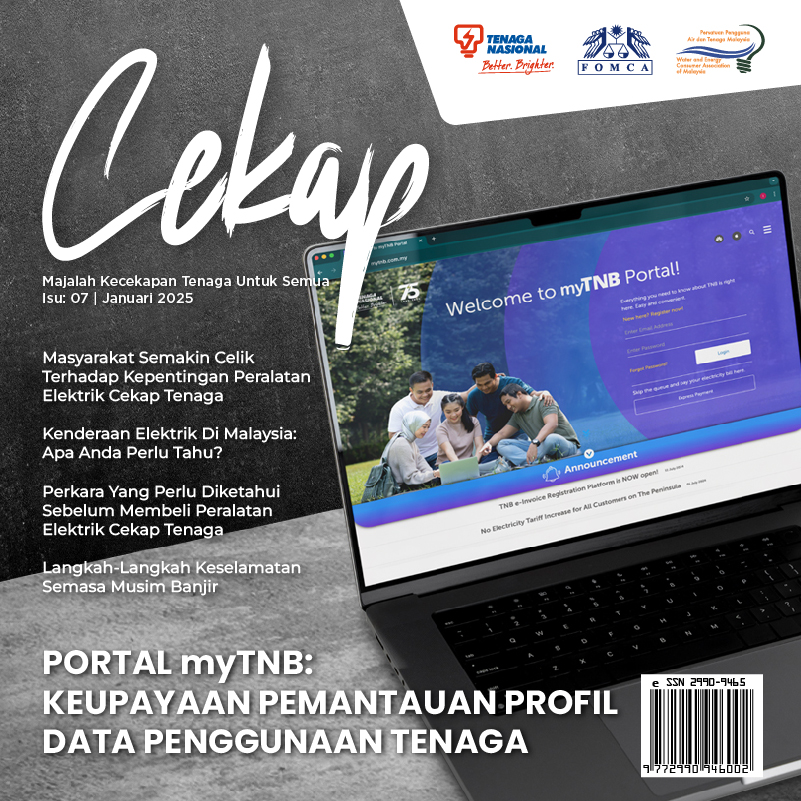From the moment we wake up, to the last thing we do at night, technology is transforming our lives.Digital technology is also revolutionising the workplace and reframing the debate on how successful businesses operate. It is creating new opportunities for connecting with customers and opening new channels to markets. The businesses that are prepared and able to adapt fastest to this change will be those that reap the rewards.But what does this mean for finance and shared services? In the face of seemingly bewildering technological possibilities, how should business leaders even begin to navigate the tech landscape? Where should they place their digital bets? And how can they take advantage of the significant opportunities that digital may present?
Addressing Talent Shortages
Almost everything we do leaves a digital footprint – a data record in the vast data pool that humanity is creating. Human societies are living and benefit from a life based around technology. Businesses talk of automation of the factory floor or the shared services centre, replacing people with robots and intelligent tools that can perform tasks with increased efficiency and reduced cost. This creates opportunities but also challenges the basis of our traditional ways of working.For today’s technology-enabled working practices, organisations need to equip themselves with new skills, whether by “upskilling” or raising the skill levels of existing employees; “repainting” executives with new skills; or by recruiting externally. Many of these skills may not be available among the current talent pool, requiring leaders to think carefully about the future skills mix and to create clear and coherent development plans.
To determine the skills mix needed, leaders need to be conversant with the available technology options. They must play a clear role in the organisation’s evolution and need to understand the functionality and application of the tools available. In reassessing the required skill sets, there is no avoiding the clear fact that organisations will need to invest in people. They need to recognise that there is a scarcity of people with these new and highly prized skills coming into the market and organisations need to both acquire and develop these talents.Furthermore, the types of talent required by shared services organisations are likely to change throughout the transformation journey and the different stages of the technology implementation.
It is also vital to understand that skills shortages in certain areas will make it especially tough to recruit – an issue already seen today in areas such as data science. Consideration must be given to the extent to which alternate solutions such as external advice or crowdsourcing can be applied in particular circumstances.
Even so, rather than repurposing existing staff for these roles, it will often be necessary to cherry-pick the skills required from outside the organisation. Business leaders need to understand how their talent needs will evolve in the future as their technology strategies are adopted.
“Leaders need to play a clear role in the organisation’s evolution and understand the functionality and application of the tools available."
Strategic Planning Required
An additional complication is that the technologies of the future – such as quantum computing and blockchain – will drive the need for yet another new wave of skills. Filling the gap for today’s emerging technology is critical, but it is not a one-time activity. For many leaders, talent is the biggest concern. Businesses can adopt multiple technologies, with many different pockets of information, but without the right people driving that information it becomes redundant.So what can forward-thinking organisations do to ensure the talent gap does not become a talent chasm?
Firstly, it is vital to have a clear technology strategy and roadmap. The organisation needs to understand where it is going, what it is trying to accomplish and – ideally – who it is going to execute it. Only then can leaders start to identify the key skills needed.Secondly, businesses need to ensure that the fundamentals are already in place. It is still surprising how many organisations have failed to implement some of the basic building blocks of a good people strategy. For example, things like well-defined career paths, clear branding to aid with recruitment, market appropriate compensation and benefits strategies, proper talent development plans, etc.Thirdly, organisations also need to start thinking differently about how they both recruit and develop talent. The vast majority of shared services centres still look to the university graduate pool as their main source of recruitment. Yet many – if not all – complain that recruitment is becoming more difficult.
Expanding The Search
The advent of new technologies provides an opportunity to act differently. While it is tempting to think of the younger generations as being more “tech-savvy”, the truth is that there are still very few universities teaching their students about cutting-edge technologies such as blockchain.
The harsh reality is that organisations (whether with or without external support) are going to have to take the lead in developing many of these skills themselves. The upside of this is that it is possible to then operate in more diverse recruitment markets. If the organisation is going to have to invest in training these skills, then why focus only on graduates? Why not look at school leavers, or people returning to work after a career break? Whichever way we look at it, it is clear that making the best use of technology requires a significant shift in mindset. Business leaders need to adjust their way they think and operate – from adopting new training and change-management programmes, to revisiting existing governance controls and processes.
Shared services leaders who embrace new tools and technologies have a huge opportunity to put their organisations at the centre of their companies’ value creation. Failure to do so will risk the future value that they can achieve.
David Hand is Director of Global Business Services at ACCA. He leads ACCA’s shared services and outsourcing strategy globally, developing partnerships with organisations, governments and employers. Prior to joining ACCA, David spent 15 years in various shared services and BPO leadership roles with major multinationals such as GE and AstraZeneca.





